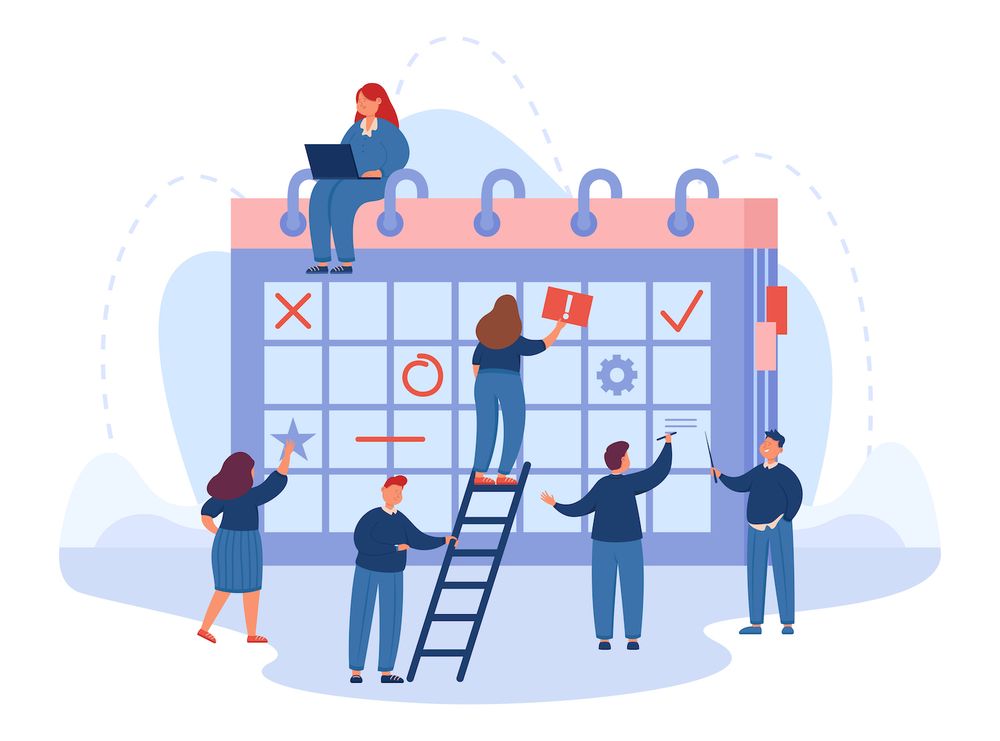Is What Epic wants for App Stores What Other Game developers Really Need? -
While mobile app and game developers scream for air in the face of the duopoly tax of 30% that players pay on nearly all mobile game revenue globally, Epic Games has emerged as the leading gaming company in the fight for open computing in mobile.
privately asked both large and small studios for games about what they would like to see, and here is what they said they wanted to know.
Background: The Slow Decline of Open Computing, and the 30% App Tax
Computing has never been less open than it is today. In the past, video game and software developers relied on open computing using PC and Mac platforms as it allowed creators to make titles whenever they like, enjoy the direct contact to their users, and choose payment solutions that work for them. There were no gatekeepers -all you needed was a computer, an individual player or game. The world has changed.
In the present, over half of the time spent on screens for computing is on mobile devices -- which is growingas well as more than 100% of mobile OS market shares is split between just Apple or Google. Thanks to this domination on mobile market share and related restrictive controls on distribution of games and ecommerce, the world that is open to computing in danger more than ever previously, and bringing a significant cost to consumers as well as game and app developers.
In this case the two cases, Google as well as Apple's app stores enforce a 30% charge on the purchases of games as well as games-related items that are distributed via their platform. Apple has control of 100% of the distribution of games and ecommerce through iOS devices, while Google permits OEM marketplace applications and loading mobile games with sideloading, however it restricts third-party gaming payments to games sold through Google Play.
Google Play does offer a payment integration service for third party companies to just a handful of game developers by way of their " user choice billing" test; however "user option billing" comes with pricey evergreen marketplace fees that range from 26% to 36%, even if you use your own payment provider and assume all the responsibility and risk of payments.
The effect of Apple as well as Google's control over such a huge share of computing worldwide is that there's a standard 30% tax on mobile games as well as apps. This tax, being paid by the players. It and is not shared with game developers and blocks free computing as well as e-commerce. Due to this stranglehold in open computing, gamers large and small believe it is time to make changes.
What Do Game Developers Who aren't Epic
The staff at our company embarked on a month-long journey to speak with game studios large and small on what they wanted to see happen with rules for mobile apps. Although not all of them agreed on each aspect, these are three of the most popular things they told us they would like to see:
1. iOS to support sideloading games without scare screens.
iOS has long restricted "sideloading" games and apps where the app is downloaded outside the App Store and downloaded from the website of the developer or different marketplace. The sideloading feature allows users to purchase and developers to distribute and sell games however they choose and which the player is willing to comply with. Android does allow sideloading applications and games, however only in conjunction with a series of sloppy warnings referred to in the form of "scare screens" that warn mobile phone owners of the dangers associated with "downloading software off the web." Many of the game designers we talked to believed that Apple should allow sideloading, and that Apple as well as Google should not make use of over-the-top self-serving scare screens that disparage software distribution beyond their storefronts for apps.
2. You can allow unlimited "steering" and embedded payments through third-party payment platforms.
Both Google as well as Apple have strict restrictions on the possibility of displaying prices and purchase options that are provided by third party payment service providers in addition to the app store. The same item may be offered at cheaper prices for the player, but game developers cannot steer their players to those choices, or link to additional purchase experiences, or embed the third-party experience of purchasing into their game. Though many of the game designers we spoke with found great value in transactions through apps, the majority of preferred option was to allow gamers and developers the option to eliminate steering or embedded restrictions on payment.
3. A 0% cost for steering and embedded payments.
The ability to allow steering and embedded payment is one thing, but as we've seen with Google's "user choice billing" pilot, having the capacity to do something and the financial incentive to do the thing are two separate aspects. The pilot of "user choice billing" with a staggering 26% cost for transactions made through third-party payment providers, combined with the fees they charge, this is a zero-cost advantage for the majority of game developers. The game developers we interviewed thought that zero was an appropriate cut for transactions outside the app store. However they were all in favor for some kind or financial incentive for app stores that could help to increase the download and adoption of games. However that a cut of 26% of each transaction made by a third party is far of what developers believed would be fair.
What's next?
There are many other nuanced wants around how apps operate, which game developers wish to see, these three desires are the core of what they believe would drive true change in open computing for mobile.
About

